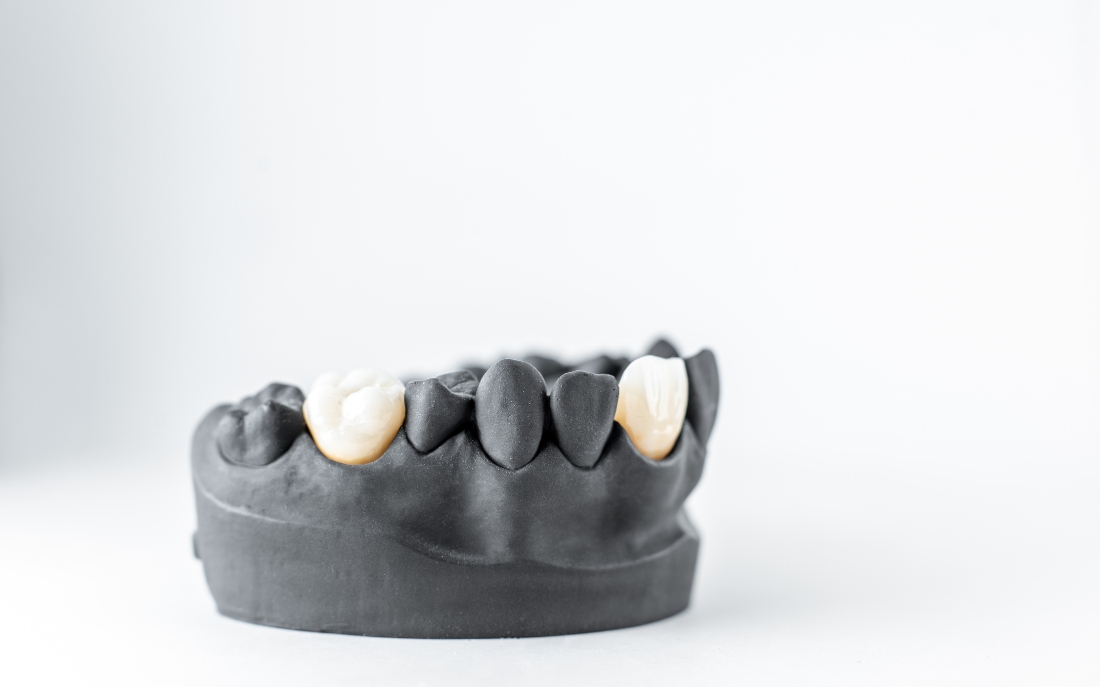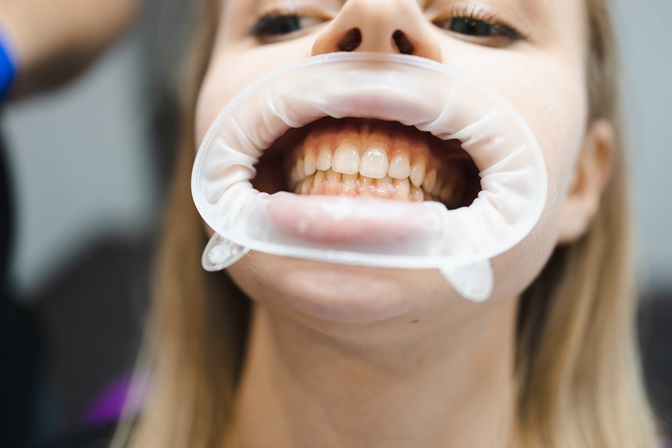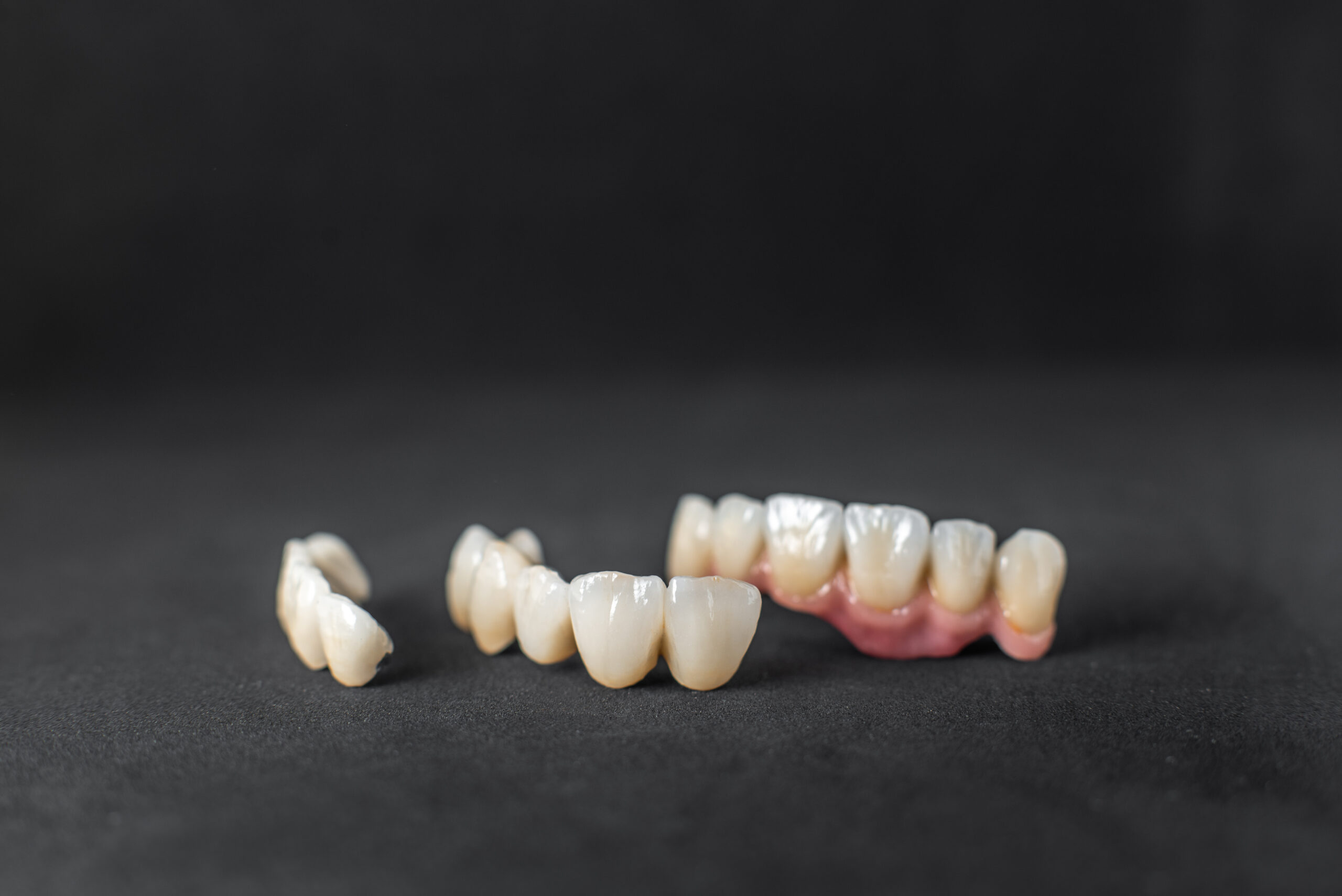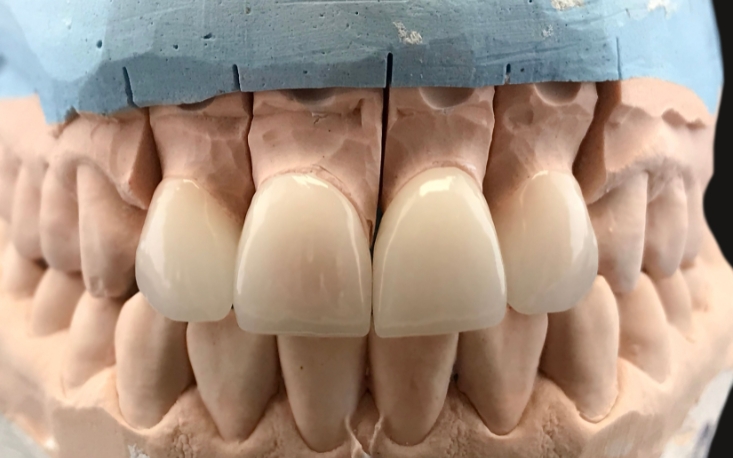Addressing The Issue Of Sensitivity After Crown Placement


Dental crowns are a popular and efficient way to repair teeth that are weak or broken. They completely enclose the tooth’s exposed surface, offering strength and enhancing appearance. However, after a dental crown placement, some patients may experience tooth sensitivity. This sensitivity can be unsettling, leading many to wonder if it’s a normal part of the process or a sign of a problem.
A common misconception is that experiencing sensitivity after crown placement is just a normal part of the procedure. While some degree of sensitivity might be expected, addressing it promptly is crucial for comfort and the long-term success of the crown. In this blog, we’ll explore the reasons behind this sensitivity and how to manage and prevent it effectively.
Causes of Tooth Sensitivity After Crown Placement
Structure of a Tooth and Sensitivity
To understand sensitivity after crown placement, it’s important to know a bit about tooth structure. Enamel which covers the tooth’s outside, protects the inner dentin and pulp. The dentin layer contains tiny tubules that connect to the nerve endings in the pulp. When the enamel is compromised or a crown is placed, these tubules can become more exposed or sensitive, leading to discomfort.
Common Causes of Sensitivity Post-Crown Placement
- Tooth Preparation: During crown placement, the dentist prepares the tooth by removing some of the outer structure to make space for the crown. This process can sometimes irritate the tooth and underlying nerves, leading to temporary sensitivity. The amount of tooth structure removed and the technique used can influence the degree of sensitivity experienced.
- Cement Irritation: The dental crown is secured in place with a special cement. If the cement seeps into the spaces around the tooth or if the cement used causes an adverse reaction, it can result in irritation and sensitivity.
- Bite Issues: After placing the crown, the dentist checks and adjusts the bite to ensure proper alignment. If the crown is slightly misaligned or if the bite is not adjusted correctly, it can cause discomfort and sensitivity when biting or chewing.
When To Worry About Sensitivity?
Signs of Normal Post-Crown Sensitivity
It’s normal to experience some sensitivity after a dental crown placement. This can include mild discomfort or a slight sensitivity to hot or cold temperatures. Typically, this sensitivity should lessen over a few days to weeks as the tooth adjusts to the new crown.
Symptoms Indicating a Potential Problem
If the sensitivity persists beyond a few weeks, or if it intensifies rather than improves, it may indicate a potential problem. Symptoms that could suggest an issue include:
- Persistent sharp pain
- Sensitivity to pressure or touch
- Severe discomfort that affects daily activities
- Swelling or gum redness around the crown
These symptoms could be a sign of complications such as an improper fit, decay under the crown, or issues with the underlying tooth structure.
Managing Sensitivity at Home
Over-the-Counter Desensitizing Products
For mild sensitivity, over-the-counter desensitizing toothpaste can be effective. These products contain compounds that help block the tubules in the dentin, reducing sensitivity. Applying these products as directed can provide relief and improve comfort.
Avoiding Irritants
Teeth sensitivity may worsen as a result of certain foods and drinks. It’s best to avoid hot, cold, or acidic foods right after a crown placement. These can trigger discomfort and make the sensitivity worse. Stick to softer foods and moderate temperatures while your tooth adjusts.
Good Oral Hygiene Practices
Maintaining excellent oral hygiene is crucial. Brush your teeth with a soft-bristled toothbrush and use fluoride toothpaste to strengthen enamel. Floss daily to remove plaque and food particles that could irritate the crown or the surrounding gum tissue.
What is Your Dentist’s Role in Managing Sensitivity?
Professional Desensitizing Treatments
If home remedies are insufficient, your dentist can offer professional treatments. These may include fluoride varnishes or bonding agents that can help reduce sensitivity and protect the tooth.
Bite Adjustment
If bite issues are the cause of sensitivity, a visit to your dentist for bite adjustment may be necessary. The dentist can carefully adjust the crown to ensure proper alignment and reduce pressure on the affected tooth.
Checking for Underlying Issues
In some cases, sensitivity may be due to underlying issues such as decay or gum recession. Your dentist will evaluate the tooth and surrounding areas to rule out these problems and ensure that the crown is properly fitted.
Potential Need for Crown Adjustment or Replacement
If the crown does not fit correctly or if it has been damaged, an adjustment or replacement may be needed. Your dentist in Newton will assess whether the crown needs modification or if a new one is required to alleviate sensitivity and ensure proper function.
Preventing Sensitivity After Crown Placement
Importance of Thorough Tooth Preparation
Proper tooth preparation is key to minimizing sensitivity. Dentists use various techniques to prepare the tooth correctly, reduce the risk of sensitivity, and ensure a better fit for the crown.
Choosing the Right Cement
The type of cement used to secure the crown can also impact sensitivity. Dentists select types of cement based on the specific needs of the patient and the type of crown used, aiming to minimize irritation and ensure a strong bond.
Proper Crown Fit and Bite Alignment
It is essential to ensure the crown fits well and the bite aligns properly. A well-fitted crown that aligns correctly with your bite reduces the risk of sensitivity and helps maintain overall oral health.
Managing Sensitivity After Crown Placement
Addressing sensitivity after dental crown placement is important for comfort and the long-term success of the treatment. While some sensitivity is normal, prompt action can help manage and reduce discomfort.
By maintaining good oral hygiene, avoiding irritants, and consulting with our dentist if necessary, you can ensure that your dental crown placement is as smooth and comfortable as possible. Remember, most sensitivity is temporary, and with proper care, you can enjoy the benefits of your crown without ongoing issues.


